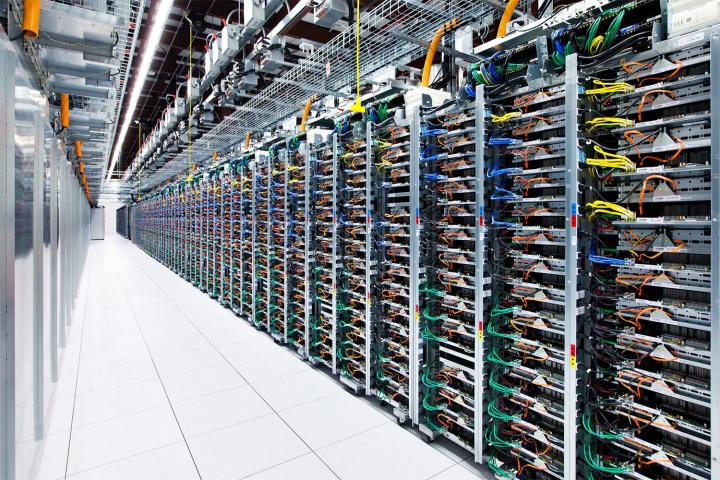
The AI software is managing Google’s data centers, and much like learning the benefits of different moves to get the highest score in an Atari game, DeepMind is changing how data equipment center runs to get a different type of high score: the least power consumption overall. The software controls about 120 different variables.
More efficient use of computing resources has resulted in a several-percentage-point decrease in power usage at Google’s vast data centers, Google told Bloomberg News.
Google added that there was about a 15 percent increase in power usage efficiency, a metric that Google uses to measure how much power it’s using for servers versus the amount of power it’s using for supporting infrastructure to keep those servers running, like cooling systems. It also expects DeepMind to get better with time, meaning the system soon could be even more efficient.
Given that 4.4 million megawatt-hours of power was used in 2014 alone according to the company, power efficiency is a big deal. Much of this power usage is from Google’s data centers, so putting DeepMind to work on more efficient power use offers immediate benefits.
The average cost per megawatt hour can range anywhere from $25 to $40, Google stands to save hundreds of millions of dollars with just a 10 percent reduction in power usage. Should DeepMind be able to even double its current power usage reductions, these savings will be measured in the billions of dollars. Google expects that to happen as it improve the AI software over time.
Editors' Recommendations
- You don’t have to use Bing – Google Search has AI now, too
- Google deploys a Jaguar I-Pace as its first all-electric Street View car
- BlizzCon 2019 attendees tried to beat Google’s DeepMind A.I. in StarCraft II
- Google’s DeepMind is training Waymo’s self-driving cars like StarCraft II bots
- Google’s DeepMind A.I. defeats human opponents in Quake III Capture the Flag


